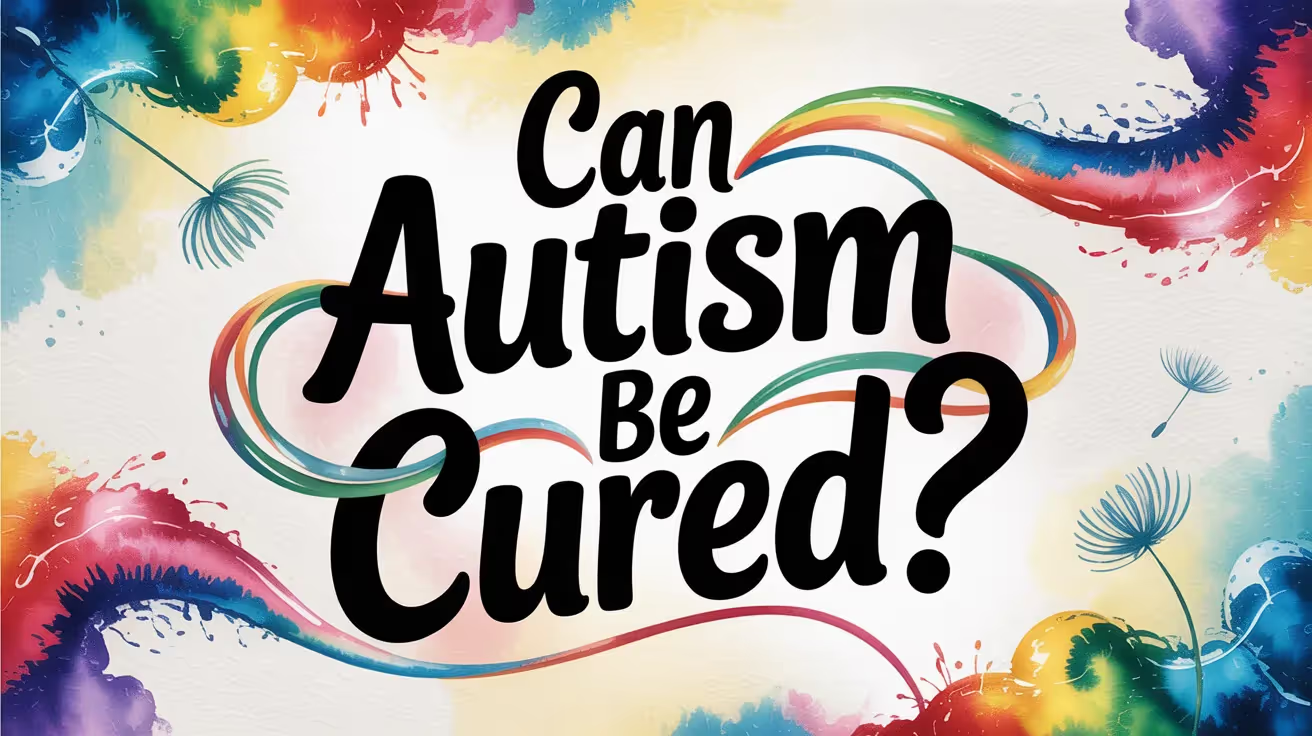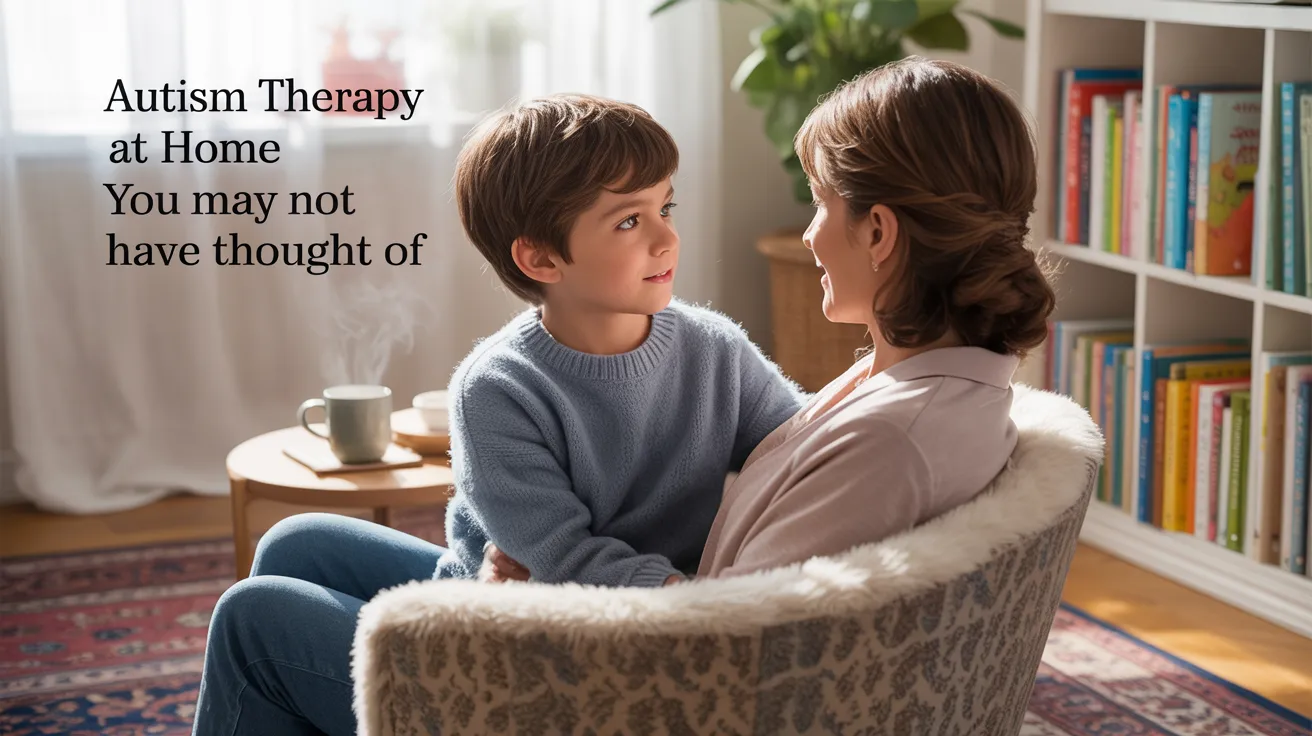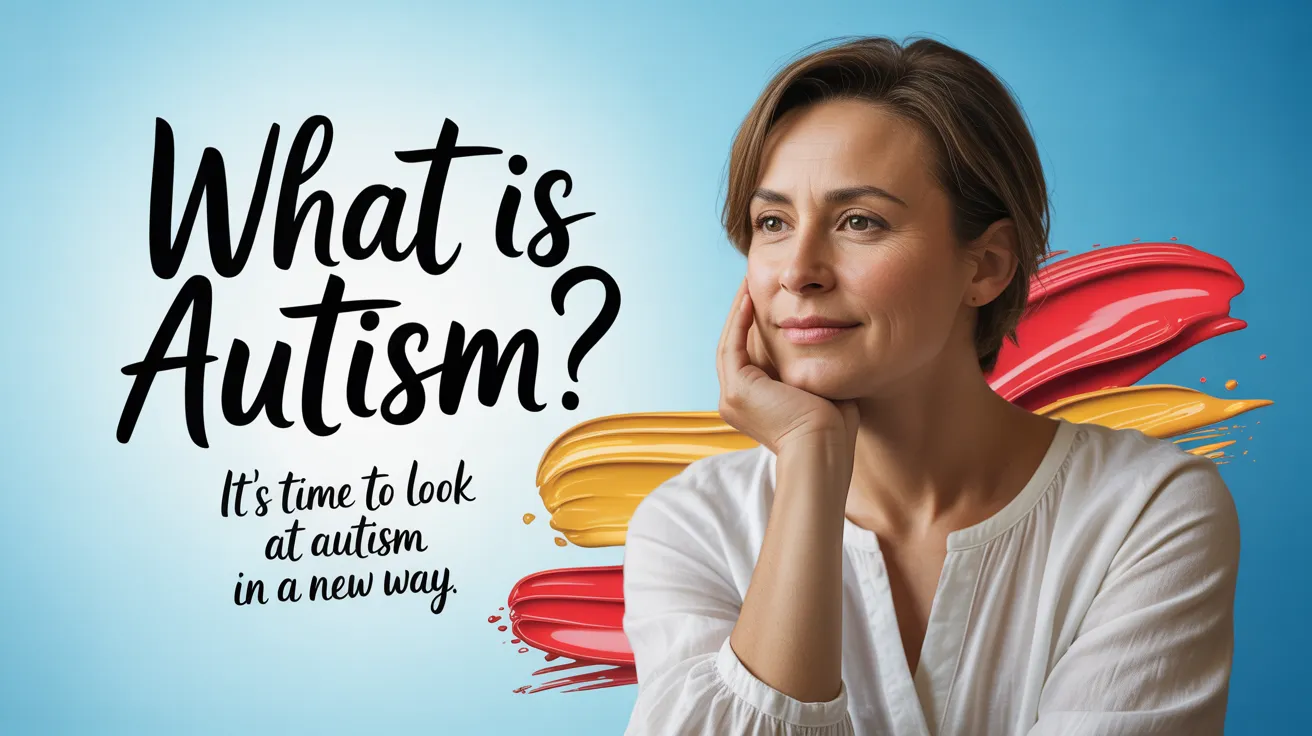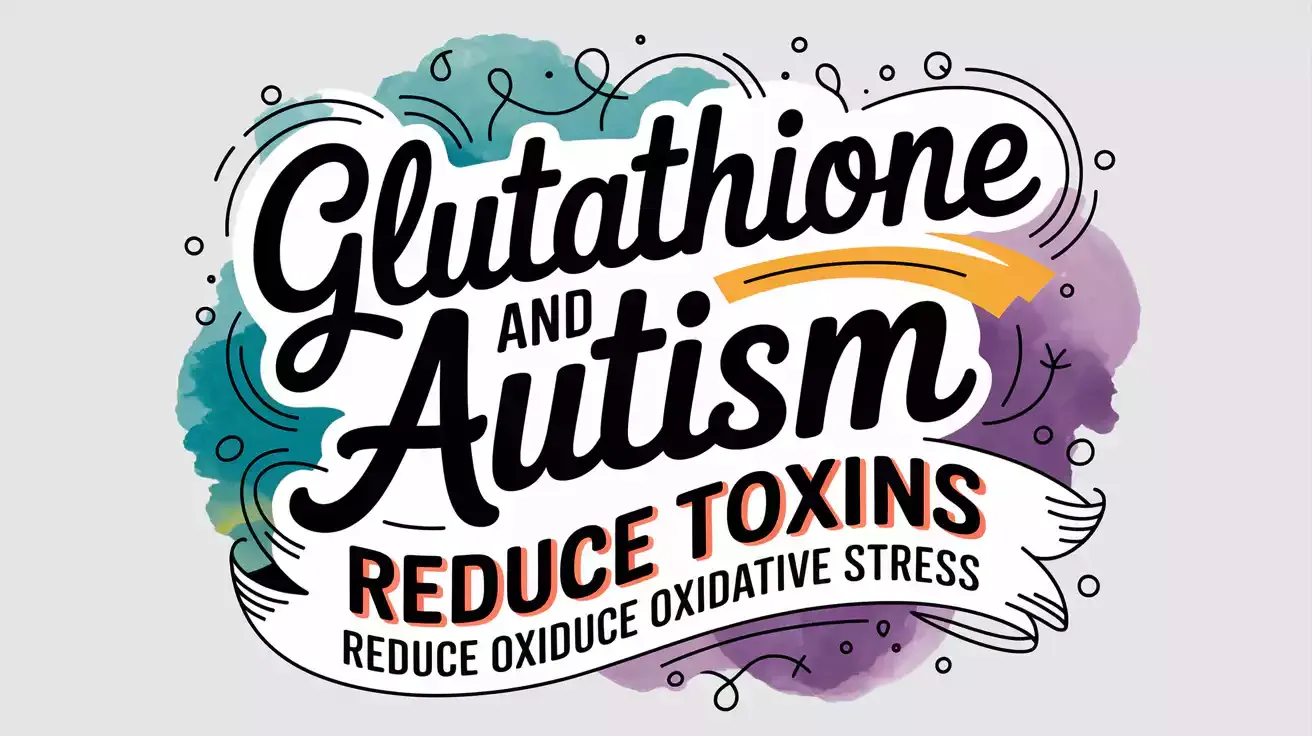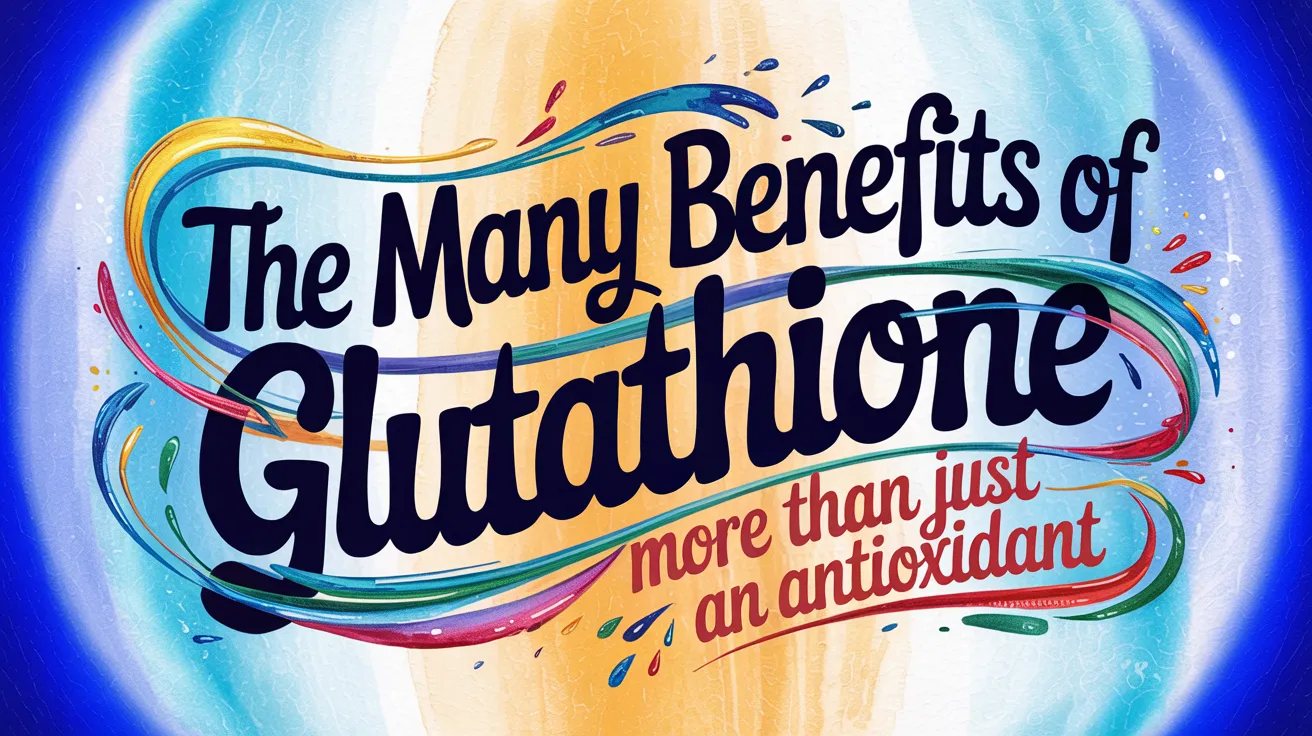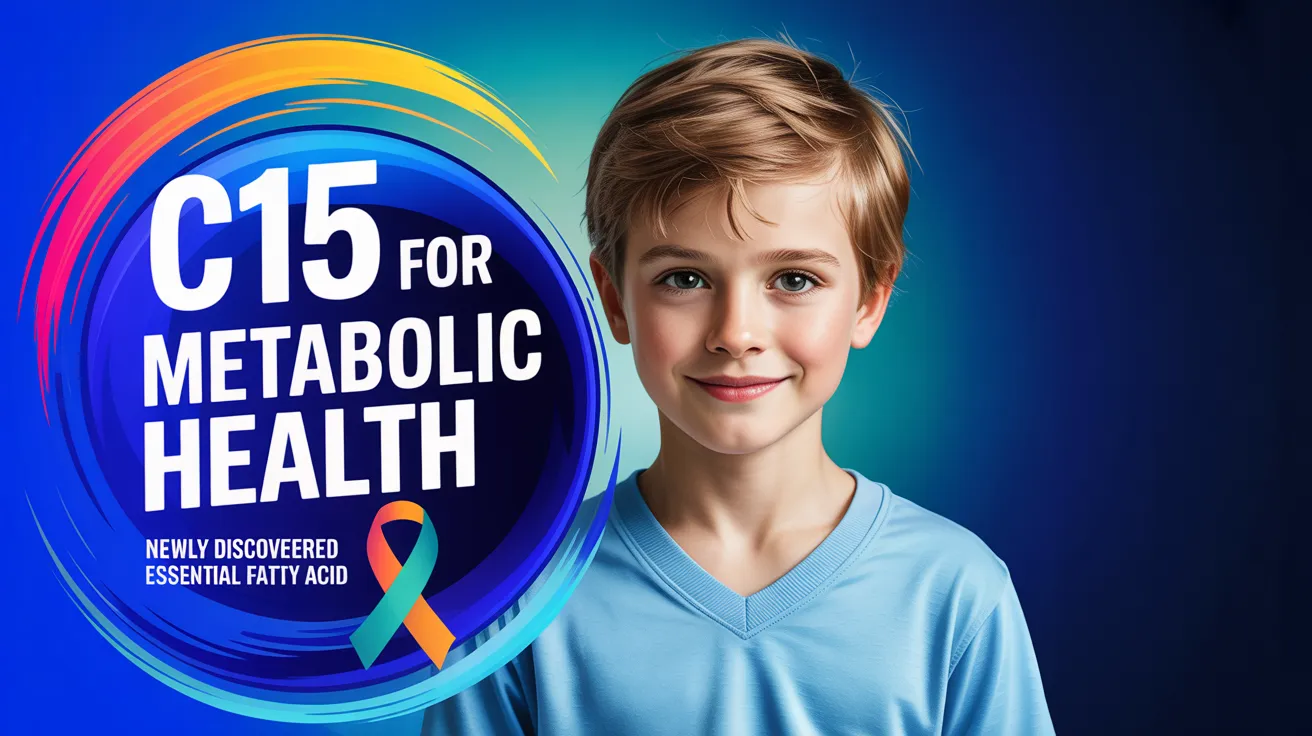A common question that's often asked by parents early on in the process of understanding autism is whether it can be cured. It's a natural question, especially when you're trying to find the best ways to support your child. The answer from autism experts in almost all cases is 'no'.
I'll state early on that even asking this question is controversial. I personally don't like the question posed in this way. I don't like using the word 'cure'. However, we can't deny the fact that it is one of the most common questions. Autism is a label and isn't something to be cured. However, as I'll explain later, the question of curing autism could be framed differently. Certainly curing someone from seeing the world in a different way is completely ridiculous.
Although cure is the wrong word, some autism symptoms can be reversed when including previously neglected methods that promote health and reduce inflammation.
The answer to this question of curing autism really depends on who you ask. If you ask a professional in the mainstream autism treatment community, they will likely tell you that autism is a lifelong condition with no cure. That's because the professional, with their skill set, hasn't worked out how to cure any of their patients yet.
This response needs some perspective before we properly answer the question of whether or not autism can be cured. Autism is a label applied to a person that exhibits some of a wide range of social and behavioural symptoms. Since the symptoms needed to diagnose autism are social, behavioural, and developmental, the experts who are considered key opinion leaders are those trained in fields like psychology, occupational therapy, and speech therapy. So we need to ask the question, do these people have the tools required to find a cure for autism?
The techniques used by these professionals are those that form part of their training. They focus on managing those traditional symptoms and training kids to behave differently to fit into societal norms. This approach can help children develop skills to navigate the world, but it doesn't address underlying health issues that might be contributing to their symptoms.
These professionals aren't even looking for a cure. They are focusing on the behavioural symptoms. It's the scientists that are looking for a cure, by looking scientifically at the underlying causes of autism. They explore areas like genetics, brain function, and metabolic factors.
From the perspective of this traditional type of treatment for autism, of course it seems that autism can't be cured because the focus is on managing behaviours rather than addressing root causes. If you lose your wallet in the park, you don't go looking for it in your living room. Similarly, if we want to address autism effectively, we need to look at the right places—like diet and lifestyle changes that can impact health and potentially reduce symptoms.
What this means is that the chosen symptoms of autism frame the focus for treating autism. The symptoms we select play a crucial role in shaping our approach to autism treatment. If we widen our focus to include those biological and physiological symptoms of autism, the treatment would be more comprehensive. Not only would the treatment be different, but the professionals that would take the place of the key opinion leaders would include a range of professionals from varied backgrounds.
Viewing the Symptoms of Autism from Another Perspective.
I won't waste your time here going through the traditional symptoms of autism used in the diagnosis. If you want to explore these traditional symptoms, you may read more about autism symptoms here. Instead, I'll propose some other symptoms that aren't traditionally used in autism diagnosis, but are very common symptoms in people with autism.
Biological symptoms of autism.
There are numerous studies that look at certain biological markers in people with autism. These studies have found common biological signs like gut problems, inflammation, immune system issues, more toxins, and oxidative stress.
Below is a list of a number of those measurable biological symptoms:
Gut issues: Many children with autism experience digestive problems like diarrhoea, constipation, and abdominal pain. These problems can often be linked to imbalances in gut bacteria or food sensitivities.
Inflammation: Children with autism often show signs of inflammation. Inflammation has been found to be common in people with autism throughout the body. This can include brain inflammation, which might contribute to some of the behavioural symptoms seen in autism.
Immune dysregulation: Many children with autism experience issues with their immune system. Their immune systems might overreact to certain stimuli or fail to respond adequately, leading to frequent illnesses or allergies. This imbalance can make them more susceptible to infections and may also play a role in the development of autism symptoms. A common diagnosis with children with autism related to the immune system is Paediatric Autoimmune Neuropsychiatric Disorders Associated with Streptococcal Infections (PANDAS). PANDAS is related to an infection that triggers an abnormal immune response.
Increased toxin load: Children with autism often have higher levels of toxins in their bodies. These toxins can come from various sources, such as environmental pollutants or heavy metals. Of concern is the reduced ability to process and remove these toxins effectively. This can lead to a build-up that may impact their overall health and exacerbate autism symptoms. Molecules involved with detoxification, such as glutathione (the most studied molecule for health), are regularly found to be low in children with autism.
Oxidative stress: Children with autism often experience higher levels of oxidative stress. This means their bodies have an imbalance between free radicals and antioxidants. This imbalance can damage cells and tissues, potentially worsening autism symptoms. This is related to a reduced ability of cells to produce energy efficiently, and a lack of free radical scavengers such as glutathione.
Why are these overlooked symptoms important when talking about curing autism?
Understanding these overlooked symptoms is crucial for parents seeking to help their children with autism. These symptoms play a big role in typical autism signs, and working on them can lead to clear improvements. By focusing on these areas, parents can take proactive steps to support their child's health and well-being.
One of the main reasons that traditional therapies for autism are slow and have limited effectiveness is that the biological symptoms aren't addressed. Not only are they not addressed, but they are often overlooked entirely. Many treatments only look at changing behaviours without thinking about the health problems that might be causing these behaviours.
For example, in our case with our son, his most obvious health-related symptom was diarrhoea. Everyone who helped with his diagnosis, including his doctor, overlooked his gut problems. We decided to address his gut issues and tested for food sensitivities. After we removed foods that were causing inflammation, and provided good food for his gut and reduced sugar that was feeding the bad microbes, his autism symptoms improved noticeably in a week or two. This experience motivated us to continue down the path of researching and applying changes in diet and lifestyle to support his health. We found that by focusing on gut health, we could make a real difference in his daily life.
Curing Autism.
As hinted at earlier, I don't like to think of it as curing autism. Autism is a label applied to a spectrum of people with challenges ranging from non-verbal to very high-functioning people that navigate the world differently.
Curing a highly functional person that in many ways is brilliant and unique is of course ridiculous. However, curing some from being non-verbal is reasonable.
So, are we really curing autism, or are we curing the underlying health issues that manifest as autism symptoms? This is an important distinction. The underlying issue, will of course be different for everyone. So, everyone should have the chance to get help from a skilled health worker who can deal with the real problem behind the symptoms.
Autism, as a blanket term, may never have a cure. Fixing certain health problems linked to autism symptoms can really help make things better.
Some of the underlying biological symptoms of autism may be cured, leading to a reduction in the symptoms associated with autism. This may result in what we, as parents, are looking for. A healthy and happy child with a bright future. It's important to remember that each child's journey is unique. What works for one may not work for another.
Better and Faster Outcomes for Children with Autism.
In the 10+ years that I've been spreading the word about diet and lifestyle changes for children with autism, I've often heard parents ask how to cure autism fast. Parents know that early intervention is important, and the longer it takes for results to be seen, the more their child will fall behind their peers. Every month that a child struggles with health issues is a month that they delay their development.
It is true that the faster we support the health of our children, the easier it is to see positive changes. Early intervention can make a big difference in their development and overall well-being.
By combining health-promoting strategies and regular autism therapies as soon as possible, we can get better outcomes earlier. The combination leads to more balanced development and can help children catch up with their peers. This can reduce the need for intense therapy for a long period of time, resulting in more manageable therapy and support as our kids grow. It's about finding the right balance and approach for each child, which often involves a mix of therapies and lifestyle changes.
Key Health-Related Avenues to Explore With Your Healthcare Professional
To help your children with autism, consider talking about these topics with your doctor or healthcare professional. Although, as discussed, curing autism may be the wrong question, there are great ways to reverse autism symptoms by improving health.
Diet and Nutrition
Diet plays a crucial role in managing health in children with autism. Many parents have found that certain dietary changes can lead to noticeable improvements in their child's behaviour and overall health.
Consider a diet with less processed foods and more whole foods. This includes vegetables, meat and fats from grass-fed animals (unprocessed) and quality stable fats like olive oil and coconut oil. These foods are rich in nutrients that support brain health and reduce inflammation. You may explore considering supplementing with essential oils such as krill oil and C15 fatty acid.
Gut Health
Gut health is another important area to focus on. Many children with autism experience digestive issues, which can affect their overall well-being and behaviour.
Although probiotics are often recommended, I suggest starting with a diet that naturally supports gut health. I explain this in more detail in my post about probiotics. Essentially providing the right environment and foods for the good bacteria to thrive is key. This means eating a diet low in sugar and high in fibre. Consider adding a good prebiotic. Prebiotics feed the beneficial bacteria in the gut, helping them grow and maintain a healthy balance.
A doctor will be able to help you with gut testing to determine the specific needs of your child. This can include checking for imbalances or overgrowths that might be affecting their health. Probiotics may not be helpful without knowing which probiotic will be most suited to your child's specific needs.
Supporting the immune system and detoxification.
Supporting the immune system and detoxification is vital for children with autism. A strong immune system will support their overall health and reduce inflammation. Inflammation is often caused by an imbalance in the immune system.
I healthy diet that doesn't contain foods that trigger inflammation is important. This will be different for every child, as each child may be sensitive to different foods. Common foods that cause inflammation in children with autism include gluten and the casein protein in dairy.
Supporting the immune system with vitamin D and glutathione may be beneficial.
Many children with autism are low in vitamin D and glutathione. Vitamin D is used to activate certain immune cells. However, when there is a higher need for immune support, the body may require more vitamin D than usual. Vitamin D is used up quickly when the immune system is required to fight infection. This emphasises the need to ensure your child gets enough vitamin D, either through sunlight exposure or supplements. Combine vitamin D with vitamin K2 to ensure appropriate calcium use by the body, which is important for everyone, but even more important for children with autism. Details are out of scope of this post, but it relates to the neurotransmitters glutamate and GABA.
As you probably already know, the most researched molecule for health, glutathione, is a key to improving outcomes for children with autism. Glutathione boosts cell health from the ground up. It also helps balance the immune system and greatly improves detoxification. We endeavoured to increase the levels of glutathione in our son for many years, with great challenge. Thankfully, it's easier now with new technology like the Hydrastat nanotechnology that boosts absorption and delivery to cells. This means glutathione can be more effectively utilised by the body, helping to reduce oxidative stress and inflammation.
If you would like to explore the options for raising glutathione, we have a dedicated post exploring various glutathione supplements and precursors.
Glutathione helps the immune system, aids in detoxification, and lowers oxidative stress. As research continues, and we know that people with autism are often very low in glutathione, our understanding of glutathione's importance is growing every month. Particularly now that we have modern forms of glutathione (as mentioned above) that are not only easily absorbed, they more easily enter cells throughout the body and the brain, we are learning how important glutathione is in autism.
Read more about glutathione with our dedicated post - Glutathione and Autism.
It's important to also reduce exposure to toxins from the environment and diet. Being careful what chemicals we use in the home, and the diet we provide for our kids is important.
Please read my post - Healing Autism Naturally for more information about ideas to reverse autism symptoms.
Conclusion
I believe we are asking the wrong questions when we ask whether or not autism can be cured. Instead, we should focus on how we can support our children to lead healthier, happier lives. We can reduce symptoms that our children have, such as being non-verbal and biological symptoms such as increased brain inflammation.
Frequently Asked Questions
Is there a cure for autism, or is it something I have to manage for life?
Currently, autism spectrum disorder (ASD) is considered a lifelong neurological condition, and there is no known cure. However, many individuals with autism can make significant progress through various therapies, interventions, and support systems that improve their skills and quality of life. Early diagnosis and personalized approaches can lead to better outcomes, helping individuals develop communication, social, and daily living skills. While autism isn't something that can be fully cured, ongoing research continues to explore potential novel treatments and interventions to support those on the spectrum.
Can improving the quality of food help accelerate improvements in autism symptoms?
Nutrition can play an important role in overall health and well-being for individuals with autism. Some research suggests that certain dietary improvements, such as eliminating processed foods, adding nutrient-dense options, or addressing specific deficiencies (like vitamins, minerals, or certain fatty acids), may have a positive effect on some symptoms. While a better diet alone isn't a cure, it can support better behaviour and cognitive function. However, improvements vary between people, and it's advisable to consult with a healthcare professional or a registered dietitian before making significant dietary changes.
Can reducing inflammation in the body help reverse or lessen autism symptoms?
Research indicates that some children with autism may experience inflammation or immune system irregularities, which could influence symptoms. Approaches aimed at reducing inflammation, such as anti-inflammatory diets, supplements like omega-3 fatty acids, or certain medications, are being studied for potential benefits. While some parents and practitioners report improvements, scientific evidence is still evolving, and these strategies are not universally proven to reverse autism. Always discuss such options with a healthcare provider to ensure safety and appropriateness for the individual.
Are toxins in the environment linked to autism, and can reducing exposure help improve symptoms?
Environmental toxins—like heavy metals, pesticides, and pollutants—have been investigated for possible links to autism. Although some studies suggest that high exposure might influence development, this area remains complex and not fully understood. Reducing exposure to known toxins—such as avoiding heavily polluted areas, choosing organic products, and minimizing contact with chemicals—may contribute to overall health. While toxin reduction is beneficial for general well-being, it is not a guaranteed way to reverse or significantly improve core autism symptoms. Nonetheless, minimizing environmental risks is generally advisable.
Strategies to detoxify, such as using glutathione, may have postive affects for those with autism.
What are the most evidence-based treatments available for autism, and do they aim to 'cure' or manage symptoms?
The most scientifically supported treatments in mainstream healthcare for autism focus on managing symptoms and enhancing skills. These include behavioral therapies like Applied Behavior Analysis (ABA), speech and occupational therapy, social skills training, and educational interventions. Medications may also help manage specific issues such as anxiety, hyperactivity, or seizures. It’s important to understand that these therapies aim to improve functioning and quality of life, not to cure autism. Ongoing research seeks additional treatments and methods to improve health and promote neuroplasticity. Currently, managing autism involves a comprehensive, supportive approach tailored to each individual.


